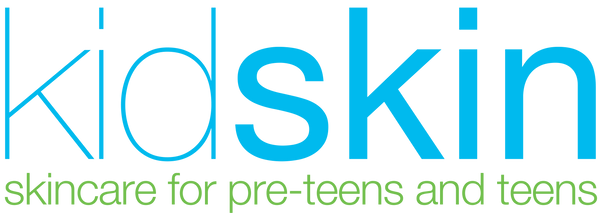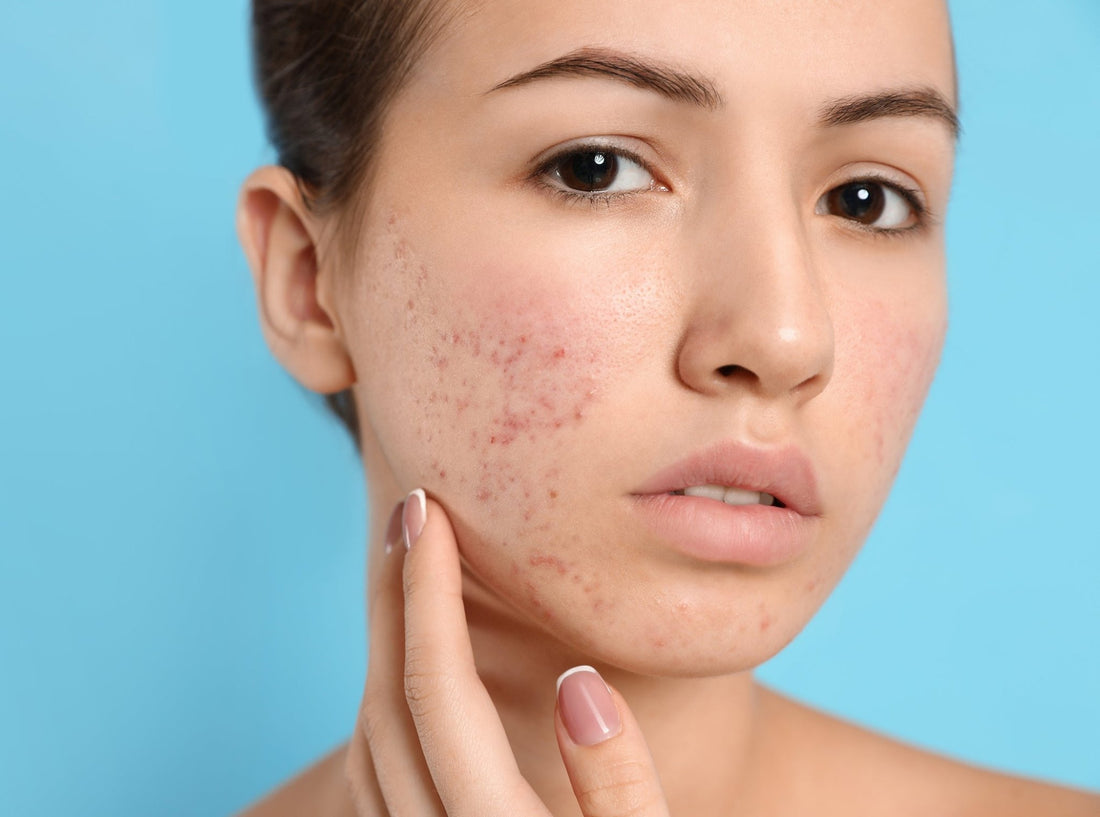Acne is more than a skin condition; it can significantly impact a teenager's mental and emotional well-being. This blog post addresses the emotional and psychological effects of acne on teens and offers supportive advice and resources to help them cope.
Understanding the Emotional Impact of Acne
Social Withdrawal: Teens with acne may avoid social situations, leading to isolation and loneliness. Research by the National Institutes of Health (NIH) suggests a link between acne and social withdrawal in adolescents.
Anxiety and Depression: The relationship between acne and mental health issues like anxiety and depression is well-documented. A study published in the British Journal of Dermatology found that teens with acne are at a higher risk of developing these conditions.
Coping Mechanisms and Supportive Strategies
Seek Professional Help: If acne significantly affects a teen's quality of life, seeking help from a dermatologist is crucial. The AAD provides resources to find board-certified dermatologists.
Mental Health Support: It's important to address any mental health concerns. Organizations like the American Psychological Association (APA) offer resources and tools for finding psychological support.
Building a Support System: Encouraging teens to talk about their feelings with trusted friends, family members, or counselors can be beneficial. The National Alliance on Mental Illness (NAMI) stresses the importance of having a supportive community.
Positive Self-Image: Encourage teens to focus on their strengths and unique qualities. Resources like Psychology Today offer articles on building a positive self-image.
Stress Management: Learning to manage stress through activities like exercise, meditation, or hobbies can help mitigate the psychological impact of acne. The Mayo Clinic provides guidelines on effective stress management techniques.
Lifestyle Changes and Holistic Approaches
Healthy Diet and Exercise: A healthy lifestyle can improve both skin health and mental well-being. The Centers for Disease Control and Prevention (CDC) offer guidelines on healthy eating and physical activity for teens.
Skin Care Routine: Establishing a gentle skincare routine can give teens a sense of control over their acne. The AAD offers tips on creating a skincare routine suitable for acne-prone skin.
Educational Resources: Providing teens with accurate information about acne can reduce misconceptions and stigma. Websites like WebMD offer comprehensive guides on acne.
Creating a Supportive Environment
Open Communication: Encourage open discussions about acne and its impact without judgment. This creates a safe space for teens to express their feelings.
Avoiding Negative Comments: Comments about a teen's appearance, even well-intentioned ones, can be hurtful. It's important to focus on their feelings rather than their appearance.
Positive Reinforcement: Reinforcing a teen's value and worth beyond their physical appearance can boost their self-esteem.
Acne's impact on a teen's life extends beyond the physical. Understanding and addressing the psychological effects are as important as treating the acne itself. By offering a holistic approach that includes professional help, supportive strategies, and a nurturing environment, we can help teens navigate these challenging years with confidence and resilience.

